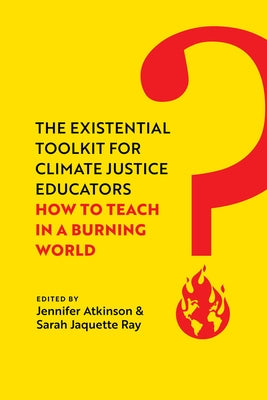Opening address, Stuttgart, August 20, 1919
14 lectures, Stuttgart, August 21-September 5, 1919 (CW 293)
2 lectures, Berlin, March 15 and 17, 1917 (CW 66)
"Although we can physically see children only after their birth, we need to be aware that birth is also a continuation. We do not want to look only at what the human being experiences after death, that is, at the spiritual continuation of the physical. We want to be aware that physical existence is a continuation of what higher beings have done without our assistance. Our form of educating can have the correct attitude only when we are aware that our work with young people is a continuation of what higher beings have done before birth."
--
Rudolf SteinerThis course on education contains some of the most remarkable and significant lectures ever given by Rudolf Steiner. Because these lectures were given to teachers, however, they have suffered the misconception that they are useful only to teachers. Any teacher who wants to teach in a way that encompasses the whole child certainly needs a functional understanding of what Steiner presents here, but these lectures will also greatly benefit parents, psychologists, counselors, or anyone else involved with child development.
Steiner gives his most concise and detailed account of human nature in these lectures, which are absolutely essential for anyone who wants a deeper understanding of Steiner's spiritual science. Those who are willing to work through this work will discover here a new, powerful, convincing, and profoundly phenomenological "anthropology" of human spiritual psychology.
In these lectures, Steiner laid out for the first time the principles that form the basis for renewing the art of teaching. The Foundations of Human Experience is probably the most important text for studying and understanding the human developmental and psychological basis of Waldorf educational principles.
Translated from the German editions: Allgemeine Menschenkunde als Grundlage der Pädagogik (GA 239); appendix from Geist und Stoff. Leben und Tod (GA 66). An earlier translation was titled Study of Man.
About the AuthorSteiner, Rudolf: -
Rudolf Steiner (1861-1925) was born in the small village of Kraljevec, Austro-Hungarian Empire (now in Croatia), where he grew up. As a young man, he lived in Weimar and Berlin, where he became a well-published scientific, literary, and philosophical scholar, known especially for his work with Goethe's scientific writings. At the beginning of the twentieth century, he began to develop his early philosophical principles into an approach to systematic research into psychological and spiritual phenomena. Formally beginning his spiritual teaching career under the auspices of the Theosophical Society, Steiner came to use the term Anthroposophy (and spiritual science) for his philosophy, spiritual research, and findings. The influence of Steiner's multifaceted genius has led to innovative and holistic approaches in medicine, various therapies, philosophy, religious renewal, Waldorf education, education for special needs, threefold economics, biodynamic agriculture, Goethean science, architecture, and the arts of drama, speech, and eurythmy. In 1924, Rudolf Steiner founded the General Anthroposophical Society, which today has branches throughout the world. He died in Dornach, Switzerland.
Barnes, Henry: -
Henry Barnes (1912-2008) was born in New York City, attended Lincoln School of Teachers' College and obtained his B.S. degree from Harvard College in 1933. He went on to Waldorf teacher training in Stuttgart until 1934. From 1935 until 1939, be was a class teacher at New School, Michael Hall, England. Mr. Barnes and Christy MacKaye were married on September 5, 1939, in Dornach, Switzerland, after which he returned with her to New York City. There, he was a class teacher at Rudolf Steiner School from 1940 until 1943, when he entered the U.S. Army until after the war in 1946. Mr. Barnes returned to the Rudolf Steiner School as a class teacher and high school history teacher, which he continued until 1977. During that time, he was also a faculty chairperson. From 1974 until 1991, Mr. Barnes was the general secretary of the Anthroposophical Society in America. He was the author of
A Life for the Spirit: Rudolf Steiner in the Crosscurrents of Our Time (1997);
Percy Mackaye: Poet of Old Worlds and New (2000); and
Into the Heart's Land: A Century of Rudolf Steiner's Work in North America (2005).




















































